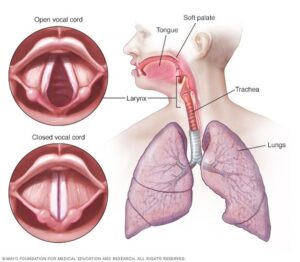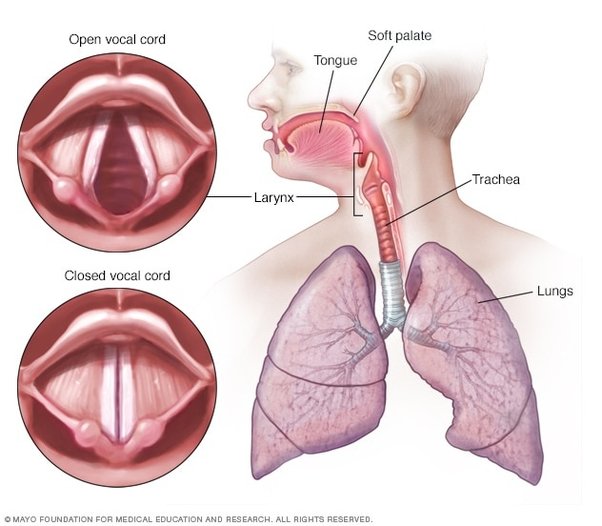Your voice is a precious instrument, and its resilience is crucial for maintaining a harmonious and healthy vocal journey. In this guide, we explore the concept of “Resilient Resonance,” offering insights and practices to help prevent the development of vocal nodules, ensuring the longevity and vitality of your vocal instrument.
- Understanding Vocal Nodules: Identifying the Culprit
Vocal nodules are small, benign growths on the vocal cords that can arise from vocal strain or misuse. Recognizing the symptoms, such as hoarseness, a raspy voice, or difficulty reaching certain pitches, is the first step in preventing their formation. Regular self-awareness of your vocal health is essential.
- Hydration: Nourishing Your Vocal Cords
Hydration is a cornerstone of resilient vocal health. Ensure you stay well-hydrated throughout the day, as adequate moisture supports the flexibility and suppleness of your vocal cords. Opt for room temperature water and consider incorporating throat-soothing teas to maintain optimal vocal hydration.
- Proper Warm-Ups: Tuning Up Before the Performance
Just as an athlete warms up before a game, singers should engage in proper vocal warm-up exercises. Gentle scales, lip trills, and sirens help prepare your vocal cords for the demands of singing, preventing unnecessary strain. Consistent warm-ups contribute to the overall resilience of your voice.
- Breath Control: The Foundation of Vocal Strength
Developing strong breath control is pivotal in preventing vocal nodules. Practice diaphragmatic breathing to ensure a steady and controlled airflow, reducing the strain on your vocal cords. A well-supported breath is the foundation for vocal power without undue stress on your delicate vocal folds.
- Limit Vocal Strain: Know Your Limits
Respect the limitations of your voice and avoid pushing it beyond its comfortable range. Be mindful of the volume and intensity of your singing, especially in noisy environments. Implement vocal rest when needed, allowing your vocal cords time to recover after extended use or strain.
- Maintain Good Vocal Technique: Seek Professional Guidance
Enlist the help of a vocal coach or singing teacher to ensure you maintain good vocal technique. Proper posture, breath support, and resonance techniques can significantly reduce the risk of vocal nodules. Regular feedback and guidance from a professional can help you refine your singing approach and avoid harmful habits.
- Reduce Vocal Strain in Daily Life: Mindful Communication
Extend the principles of vocal care to your daily communication. Be mindful of your speaking voice, avoiding habitual throat clearing or speaking in a strained manner. Implementing good vocal habits in everyday communication contributes to the overall health and resilience of your vocal cords.

Resilient Resonance is not just about singing; it’s a commitment to the enduring health of your vocal instrument. By understanding vocal nodules, staying hydrated, engaging in proper warm-ups, developing breath control, respecting vocal limits, maintaining good vocal technique, and adopting mindful communication practices, you can safeguard your voice against potential issues. May your vocal journey be characterized by strength, resilience, and the enduring joy of sharing your voice with the world.
